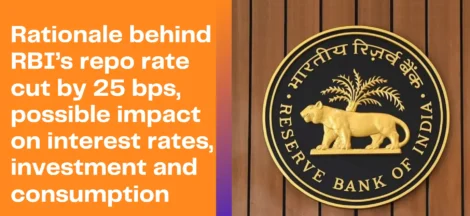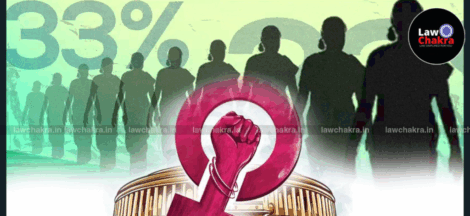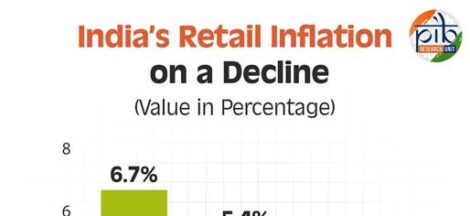By Benjamin Fogel
The Brazilian Supreme Court overturning former president Lula de Silva’s convictions inits judgment on March 7 has imparted a new dimension to the political battle in this most populated Latin American nation which has been ruled by the far right President Jair Bolsonaro since 2018 when he was elected taking advantage of Lula being in prison and not allowed to contest.
The most important effect of the overturning is that it restores Lula’s political rights, allowing him to run in next year’s presidential election. Under Brazil’s Ficha Limpa (“Clean Slate”) law — ironically passed by the PT government — politicians convicted of crimes or impeached are unable to run for elected office.
Lula was convicted of money laundering and corruption in 2016 for receiving improvements to a beachfront apartment he never lived in and served 580 days in prison before being released on appeal in November 2019.
The case against Lula was always weak, but it didn’t stop him from getting convicted due to the fact that Sergio Moro, the judge hearing the trial, was illegally colluding with prosecutors to make a case against the former labor leader. His conviction was the crowning achievement of Brazil’s historic Operação Lava Jato (“Operation Car Wash”) investigation, but we now have clear evidence that prosecutors and judges conspired to imprison him explicitly to prevent him from competing in the 2018 elections, which saw the election of the far-right Jair Bolsonaro.
Lula’s legal team declared on Twitter that “The decision that today affirms the incompetence of the Federal Justice of Curitiba is the recognition that we have always been correct in this long legal battle.” Another twist in this saga is possible, however. The Supreme Court still has to affirm this ruling, and another court could convict him again. But, for now, the center-left Lula is back.
Lula’s return to the political arena has already sent shock waves throughout Brazil, and judging by the latest polling, he is still the most popular politician in Brazil even after being imprisoned and years of media smears. And while he may not have the historic approval ratings he enjoyed after leaving office, his PT is still the largest party in the country.
A recent poll published in the Estado de S. Paulo newspaper found that 50 percent of those surveyed would definitely or probably vote for Lula as opposed to 38 percent for Bolsonaro. Lula’s disapproval rate of 44 percent is also lower than any of the other potential candidates such as right-wing São Paulo governor João Doria and the vacuous TV personality Luciano Huck. In fact, Lula was the only one of the ten candidates surveyed that outperformed Bolsonaro.
Brazil’s center-right is also in full-on panic mode as their own electoral chances are going to sink rapidly. Despite their official opposition to Bolsonaro, many of them would prefer a second term of the far-right president to a PT government. The “moderates” have been vainly searching for somebody — a Brazilian Macron — who can pose as the leader of the broad front for democracy against Bolsonaro, while pursuing the more or less same economic agenda as Brazil’s president.
For all the moderate opposition’s talk about democracy, it is unlikely that they would back a center-left candidate in the second round against Bolsonaro. Brazil’s centrists not only removed Dilma Rousseff from office in 2016 but helped elect Bolsonaro in his contest against the PT’s Fernando Haddad. Some of the names being floated as potential candidates like former health minister Luiz Henrique Mandetta served in Bolsonaro’s cabinet and others like Doria and Huck supported Bolsonaro in 2018.
Bolsonaro himself shrugged off the news, claiming that “I believe that the Brazilian people don’t even want to have a candidate like this in 2022, much less think of the possibility of electing him.” The manufactured disasters of the Bolsonaro government could make many who voted against the PT in 2018 or voted null consider Lula as a viable alternative candidate in 2022.
It’s telling, though, that Brazil’s stock market fell by 4 percent, and the real slipped to record lows against the dollar following the news of the verdict. Investors apparently were not too worried about the apocalyptic COVID-19 death numbers coming out of Brazil — but the return of Lula led to full-on panic.
Last week was the deadliest week for the country since the beginning of the COVID-19 pandemic with a record 1,910 deaths recorded on Thursday alone. Brazil has recorded over 265,000 deaths and 11 million cases. Intensive care wards across the country are fast running out of space, cities are running out of vaccines, and government appears to be encouraging the virus to rage out of control.
The Department of Health is warning that Brazil could see as many as three thousand deaths per day in the coming weeks, and the country still lacks a national vaccination campaign. Health experts are warning the effects of letting a pandemic spread uncontained in such a large country could even threaten the global COVID-19 vaccination campaign as the virus mutates and new variants emerge.
The elephant in the room is how the Brazilian military will respond. In a recent book, former Armed Forces head Eduardo Villas Boâs admitted that he and other senior generals attempted to exert pressure on the Supreme Court through Twitter the night before a ruling that would determine if Lula would be imprisoned and ineligible to run in the 2018 elections. Lula was leading all the polls at the time by a significant margin over Bolsonaro.
Over six thousand members of the Armed Forces are serving in Bolsonaro’s government, and military officers are leading Brazil’s COVID-19 response. Under the disastrous leadership of the health minister, General Eduardo Pazuello, Brazil’s Department of Health has failed to secure vaccines and basic medical equipment, spending its time pushing snake oil cures on the population while people died on the street and major cities ran out of oxygen. Despite their self-cultivated image of guardians of democracy and moderation, Brazil’s Armed Forces are Bolsonaro’s strongest supporters and have hardly hidden their antidemocratic sentiments in recent years.
Moro still needs to face the legal consequences of turning “anti-corruption” into a political crusade. This latest verdict does not hold him responsible for his misdeeds, but he may still face a reckoning in the coming days.
Brazil’s 2022 elections are still a year and a half away, but the playing field is becoming clearer — the PT remains the largest electoral force in Brazil, and unless more legal chicanery keeps him out of power, Lula will have a chance to assemble the forces needed to save the country from Bolsonaro. (IPA Service)



